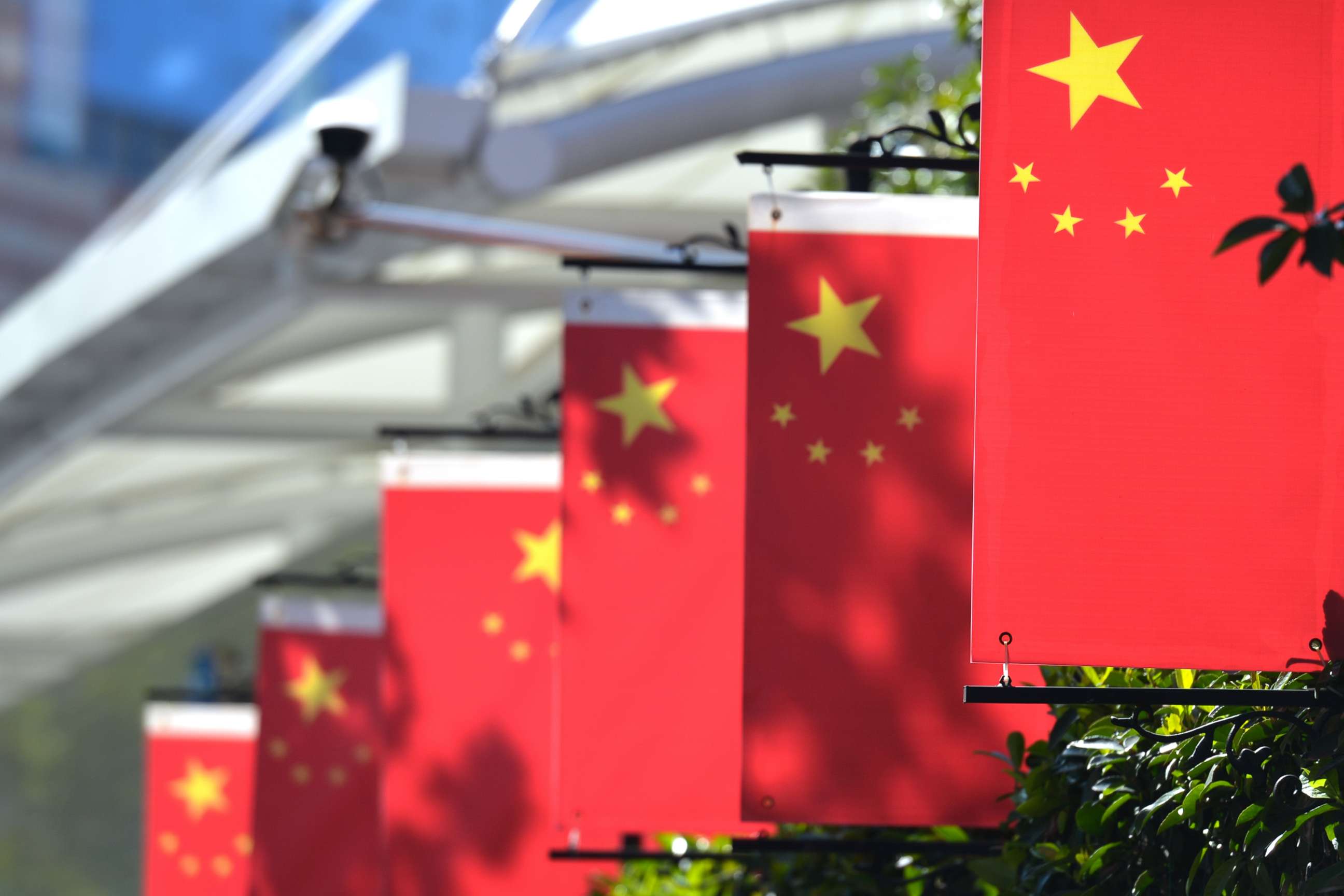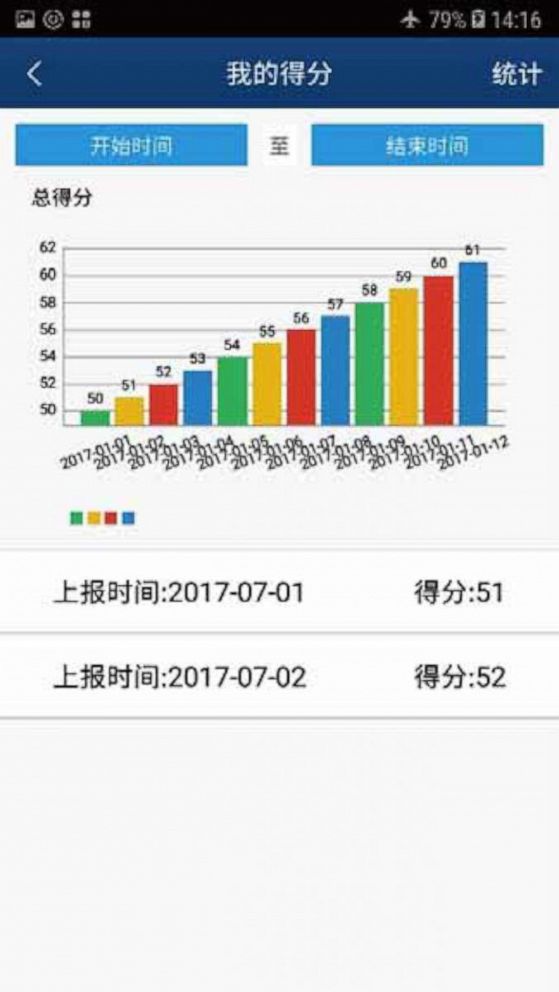China is using app to collect personal information on its citizens, report says
The app's use is detailed in a new report by an international watchdog group.
UPDATED June 6, 2019: A previous version of this story quoted a Human Rights Watch report that said the IJOP police surveillance app utilized facial recognition technology developed by the Megvii company. However in a recent correction to its report, HRW now says there is no evidence that Megvii technology was deployed in the IJOP app.
China has turned its far western region of Xinjiang into a mass surveillance state, according to a new report released by an international watchdog group. Humans Rights Watch (HRW) found that people living in the Xinjiang province, mostly ethnic Muslims, are under constant monitoring.
In the report, HRW investigated a mobile app used by Chinese authorities to communicate with the country’s Integrated Joint Operations Platform (IJOP) -- an intelligence system authorities use to store citizens' personal information and report suspicious activity.
The document also reports on how it says the Chinese government collects data on its ethnic Muslim population through unscheduled home visits, widespread security checkpoints, and what the Chinese government calls "political education camps."

The Chinese government is already under international scrutiny for its use of these camps in Xinjiang -- where the report says up to a million Muslims are held under inhumane conditions as part of China’s "Strike Hard Campaign against Violent Terrorism."
In March, ABC News met Baimurat Zhumgay, 39, a former contract assistant for the Chinese police who patrolled the Xinjiang region. Zhumgay, an ethnic Muslim himself, said he took the job because it paid well and provided medical insurance.
He said he was tasked with stopping people who were "just walking along the streets” and collecting their personal information.
"The data goes to Chinese police officials," said Zhumgay. "I do not know how they used the data we collected."
In its report, HRW now claims to know what that data is used for.
The IJOP app has the potential to possess a wealth of information on citizens, including religious affiliations, bank account numbers and blood type, the report says. Beyond the storing of personal information, another screen asks authorities to pick from 36 suspicious "person types" that may apply to the citizens they encounter, according to the report.
Based on the "person types," a suspicious activity could include returning from a trip outside of China, collecting money for a mosque "with enthusiasm," or not using your front door to enter/exit your home, the report says. Officials are also told to flag households that use an "abnormal amount of electricity," according to the report.

HRW says falling under any of these suspicious "person types" could prompt an investigation by Chinese authorities.
According to the report, an additional feature of the app allows authorities to track the completion of daily tasks, an example of which would be investigating a person who displayed "strong religiousness."
HRW first reported on the app in early 2018, but little detail about the app and how it works have surfaced until now. HRW says it obtained and reverse-engineered a copy of the app with the help of a Berlin-based cybersecurity firm.
In its report, HRW calls for international sanctions against China, including visa bans and asset freezes against Party Secretary Chen Quanguo and other senior officials linked to China’s "Strike Hard Campaign Against Violent Terrorism."
The app’s developer, Hebei Far East Communication System Engineering Company, did not to respond to requests for comment in time for publication of this article. The Chinese government has not responded to our request for comment on the controversies surrounding the Xinjiang region, but have publicly denied Zhumgay’s claim that he worked for the police.
ABC News Senior Investigative Producer Gerry Wagschal contributed to this report.




